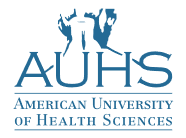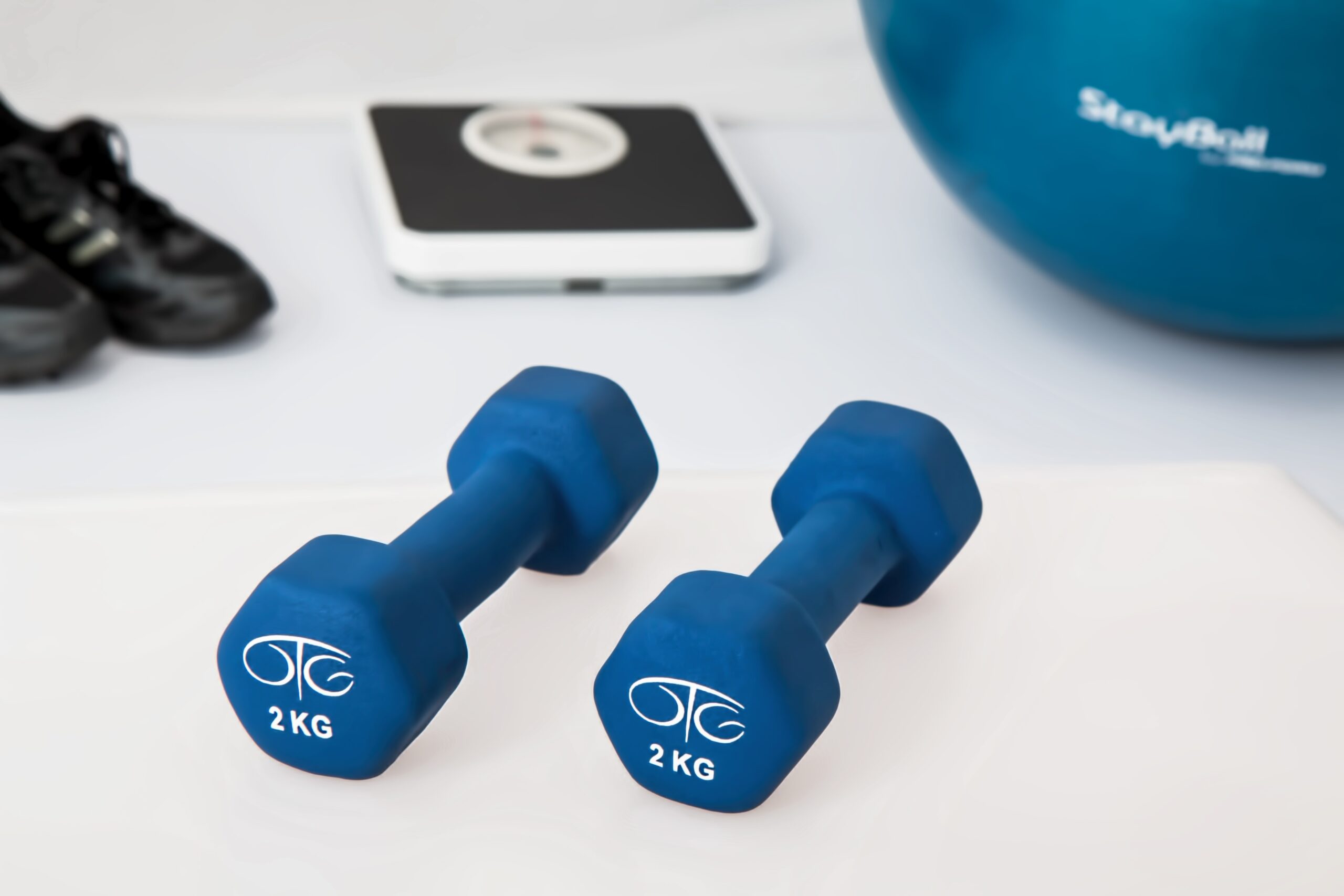APPE/IPPE rotation at LHHRC
By Ann Chung, PharmD
Laguna Hills Health and Rehabilitation Center (LHHRC) has been established for a couple of years for our IPPE students as an institutional health rotation. As new precepting faculty taking over the site, we reached out to former preceptors to discuss ideas and which robust, educational/experiential programs we could continue, improve, and develop as we transitioned. We also met with the LHHRC director to express our continued interest to be at the site for students to complete their Introductory Pharmacy Practice Experiences (IPPE) and Advanced Pharmacy Practice Experiences (APPE) education. As preceptors on site, we have agreed to support and provide the facility with any immediate pharmaceutical or drug information resources within the realm and legality of our practice. In addition, we will continue to provide medication reconciliation for new admissions to and discharges from the facility.
For the students, we provide the syllabus, schedule, and expectation for the site; we prepare a daily and weekly schedule for the entire rotation. Further, we list topics of discussion for each day and provide reading material and homework questions for each topic. Each student also has a final project and presentation at the end of the rotation. The project ranges from a mini research, case presentation, journal club presentation, disease state presentation, or new drug in-service. Students are expected to be involved with the facility in-service relating to medication as requested by the facility. In January students assisted the facility with administering COVID vaccine or boosters to the employees on site.
This site is a unique site because students will experience a lot of interaction with the geriatric population and young patients with long-term disabilities due to inherited or catastrophic health disease/conditions. Students will have the opportunity to learn more in depth about Beers criteria, anticholinergic drugs, diseases, and conditions that commonly affect the elderly population (i.e., Parkinson’s disease, dementia, Alzheimer’s disease, falls, depression, chronic medical condition, diabetes type 2, hypercholesterolemia, stroke, etc.).
Students are exposed to an electronic health record system (EHR) and how to assess patient cases using a hybrid chart. They learn the importance of LHHRC and how it fits in the entire healthcare system. They learn about the law (Title 22) that regulates long-term care. They learn about the policies, procedures, and protocols of the facility.
Finally, students are expected to perform medication reconciliation, apply their didactic knowledge, evaluate complex drug regimens, identify med errors, meet with the patient prior to discharge, develop skills on how to interview patients, identify any drug knowledge gaps and provide accurate drug information. Students shadow a medication administration nurse to observe and learn the process. Students meet with a wound care nurse and observe the treatment procedure. They also meet with other health care team members of the facility such as dietitians, social workers, and the facility administrator. Through these activities, we hope to promote inter-disciplinary awareness and to enable our future pharmacists to be effective members of a healthcare team.

